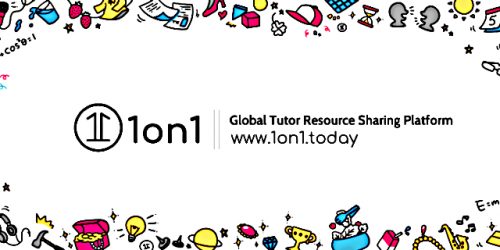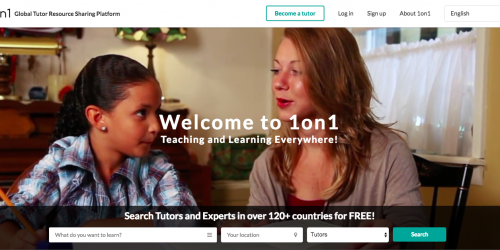A SMART Way of Setting your Learning Goal

Goals will motivate you to get to the level you want, but a common mistake that people usually make is to have a goal without a structure.
How to set your personal learning goal? There isn’t a perfect answer for that, however, here’s an efficient and useful structure you can follow to set your learning goal while boosting up your learning quality.
First of all, you need to understand there are 3 types of goal: long-term, mid-term, and short-term.
- Long-term: Within a year.
- Mid-term: Within a couple of months.
- Short-term: Within a couple weeks.
Focusing on your short-term goal gives you more motivation and momentum of learning. If you always tend to focus on your long-term goal, it might decrease your aggressiveness because of the lack of accomplishment. Every small step you make when you are trying something new will be valuable and don’t forget it is also the milestone of your long-term goal.
Second, Write down your goals. People who are familiar with goal-setting recognize that a goal not written down is only a wish. Our minds are constantly forgetting information, so remember to set an appointment in the future to review your goals. By reviewing your goals you can brainstorm the best approaches to reaching or adjusting them. Time is the best evaluation of goals.
Third, follow the SMART structure.
To make sure your goals are clear and reachable, your objectives should be:
- Specific (simple, sensible, significant).
- Measurable (meaningful, motivating).
- Achievable (agreed, attainable).
- Relevant (reasonable, realistic and resourced, results-based).
- Time-bound (time-based, time-limited, time/cost limited, timely, time-sensitive).

1. Specific
Your learning goal should be clear and specific, otherwise, you won’t be able to focus your efforts or feel truly motivated to achieve it. When sketching your goal, answer the five “W” questions:
- What do I want to accomplish?
- Why is this goal important?
- Who is involved?
- Where is it located?
- Which resources or limits are involved?

2. Measurable
It’s essential to have measurable learning goals so that you can track your progress and stay motivated. It’s an important evaluating progress that helps you to stay focused, meet your deadlines, and feel the enthusiasm of getting closer to accomplishing your goal.
To have a measurable goal, you should be able to answer the questions such as:
- How much?
- How many?
- How will I know when it is accomplished?

3. Achievable
Your goal also needs to be realistic and reasonable to be achievable. In other words, it should stretch your potential but still remain possible. When you set an achievable goal, you may be able to use your similar experiences or resources that can bring you closer to it.
An achievable goal will usually answer questions such as:
- How can I accomplish this goal?
- How realistic is the goal, based on other factors, such as physical status?

4. Relevant
This is about making sure that your goal matters to you, and that it is also synergized with other relevant goals. We all need support and assistance in achieving our goals, but it’s important to take control over them. Make sure that you are responsible for achieving your learning goal.
A relevant goal can answer “yes” to these questions:
- Does this seem worthwhile?
- Is this the right time?
- Does this match my efforts/needs?
- Am I the right person to reach this goal?
- Is it applicable in the current environment?

5. Time-bound
Every goal needs a deadline so that you have a time limit to focus on and something to work toward. This part of the SMART goal criteria helps to prevent everyday routine from taking priority over your longer-term goals.
A time-bound goal will usually answer these questions:
- When?
- What can I do six months from now?
- What can I do six weeks from now?
- What can I do today?

By following the SMART structure, you can now create clear, achievable and meaningful goals, and build up your motivation, action plan, and support needed to achieve them.
Once you have a SMART learning goal ready, you will automatically pay attention to the resource that speeds up the process of achieving.
1on1 is a global educational resource platform which offers learners with various tutorial supports in over 120+ countries.
To find out the best learning solution for you, please visit: https://1on1.today
Read More:
Immediately Boost Up your Creativity in 5 Ways
6 Ways to Be Delighted with Your Learning
How To Choose The Ideal Private Tutor For Your Kid?
More English Articles, please check this page: 1on1 English Blog







